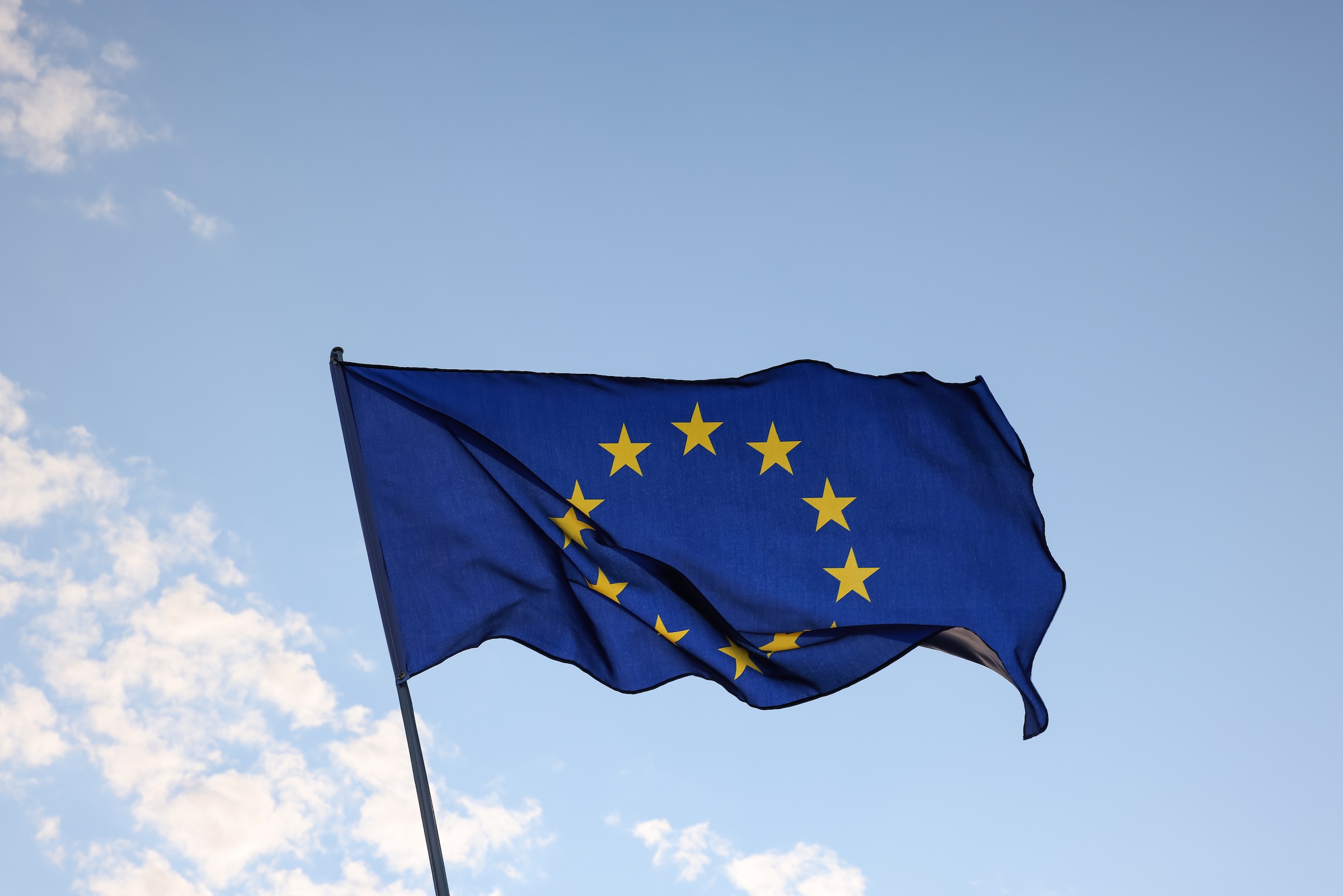As of June 28, 2025, theEuropean Accessibility Act (EAA), the European directive making accessibility mandatory for a wide range of digital products and services in all European Union member states. This marks a turning point for the European digital marketplace: companies will no longer be able to ignore accessibility, on pain of penalties and exclusion from whole swaths of the public.
But what does the EAA provide for, how does it apply in different European countries, and what do companies actually have to do to comply?
What is the European Accessibility Act
Approved in 2019, theEAA (EU Directive 2019/882) aims to ensure equal access to digital goods and services for people with disabilities throughout the EU. Areas covered include:
- e-commerce websites and apps
- online banking services
- transportation platforms and electronic ticketing
- e-book readers
- Electronic devices such as smartphones, payment terminals, ATMs
- audiovisual services and digital communications
Each member state had to transpose the directive by June 28, 2022, while mandatory application will trigger as of June 28, 2025.
What standards to follow
The common technical reference is the WCAG 2.1 (Web Content Accessibility Guidelines), which define international criteria for ensuring the accessibility of web content and mobile applications. WCAG is based on 4 fundamental principles: Perceptible, Usable, Understandable, Robust.
How accessibility is applied in major EU countries
🇮🇹 Italy
In Italy, the transposition of the EAA took place with the Legislative Decree 82/2022. Private companies offering digital services to the public must ensure compliance by 2025. This is monitored by the Agency for Digital Italy (AgID). Public administrations are already subject to the accessibility obligation (Stanca Law 2004, updated over time).
🇫🇷 France
France transposed the EAA in 2022, incorporating it into the Digital Accessibility Act (Loi pour une République numérique). The responsible authority is the DINUM (Direction interministérielle du numérique). Companies must declare compliance on their site through a declaration of accessibility.
🇩🇪 Germany
In Germany, digital accessibility is regulated by the Barrierefreiheitsstärkungsgesetz, which transposes the EAA. The responsible body is the Bundesministerium für Arbeit und Soziales. Private companies will have to ensure accessibility of digital services by 2025, while the public sector is already obligated.
🇪🇸 Spain
Spain has integrated the EAA into the law Royal Decree 1112/2018. L'Observatorio de Accesibilidad Web is the body that monitors compliance. All public sites and large private companies must be accessible by the deadline, with checks and penalties for noncompliance.
🇳🇱 Netherlands
In the Netherlands, transposition took place through theAccessibility Act Implementation Act. The government requires companies to publish a declaration of accessibility (Toegankelijkheidsverklaring) And to comply with WCAG 2.1. The public sector is already compliant.
🇧🇪 Belgium
Belgium has adapted national legislation to the EAA and requires all public and private digital sites and services to be accessible. The SPF BOSA provides guidelines and self-assessment tools to help companies with the transition.
What companies need to do now
With 2025 just around the corner, it is critical act now:
- Analyze the current state of your website according to WCAG standards
- Identifying barriers For users with visual, hearing, motor or cognitive disabilities
- Making images, buttons, forms and text content accessible
- Ensure keyboard navigation and screen reader compatibility
- Publish an accessibility statement updated, where applicable
Why rely on professionals like Accessibi
With Accessibi, companies can count on comprehensive technical and strategic support:
- Customized accessibility audits
- WCAG 2.1 compliant adaptation
- Implementation of rapid and scalable solutions
- Continuous monitoring and updates
- Legal assistance in case of audits or litigation
Digital accessibility is becoming a Necessary condition for operating legally and responsibly in Europe. It is not just a matter of complying with a standard, but of Open doors to millions of users, enhance the digital experience and strengthen brand reputation.
With Accessibi, companies can meet this challenge with confidence and competence. Get ready today and turn accessibility into a competitive advantage.



